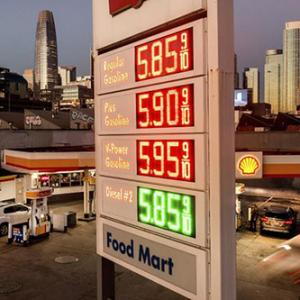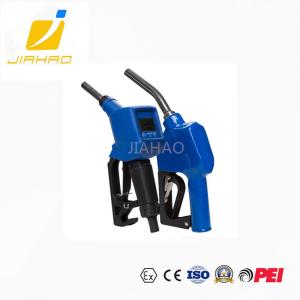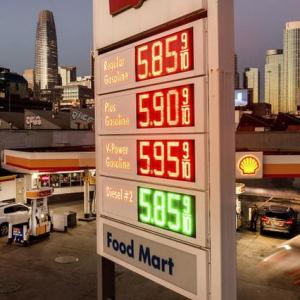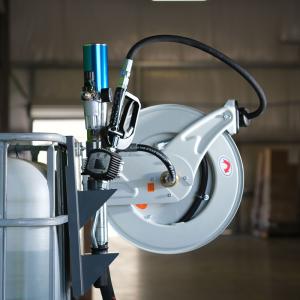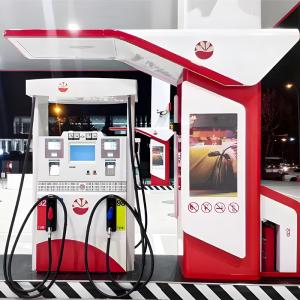New Direction for the DEF Dispensing Equipment Market
A New Direction for the DEF Dispensing Equipment Market: The Rise of Smart and Centralized Solutions
Now the global diesel engine industry stands at a critical crossroads. Increasingly stringent emissions regulations, such as Euro 7 and National VI, are not only accelerating implementation in Europe but also gaining widespread adoption in emerging markets like India, Southeast Asia, and Latin America. These regulations are pushing Diesel Exhaust Fluid (DEF), also known as AdBlue, to an unprecedented level of demand. As a key supplier of DEF dispensing equipment, we understand that the market's focus is shifting from selling individual pieces of equipment to providing smarter, more efficient, and more centralized overall solutions.
This article will delve into these market trends, combining insights on bulk def tank, def cart, and def dispensers to demonstrate how we are using technological innovation to provide safe, efficient, and eco-friendly DEF dispensing solutions for customers worldwide.
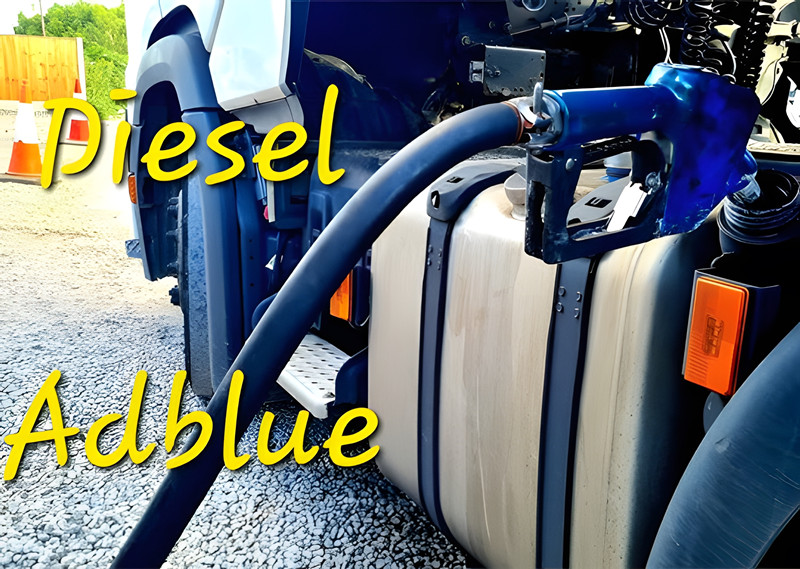
1. Global Regulatory Upgrades Drive Demand, Shifting Focus to Emerging Markets
The upgrade of global emissions regulations is the most powerful driver of growth in the DEF market.
-
Euro 7 Standards and Infrastructure Expansion: The EU's plan to implement the stricter Euro 7 standard in 2025, which will further lower NOx emission limits, is creating a massive demand for DEF dispensing infrastructure, particularly in regions with low coverage like Eastern and Southern Europe. This presents a huge market opportunity for suppliers of def dispensers.
-
The Rise of Emerging Markets: Beyond Europe, emerging markets are becoming new engines of growth. From India (BS VI) to Southeast Asia (Thailand/Malaysia Euro 4+) and Latin America (Brazil's PROCONVE P8), countries are gradually adopting the European standard system, leading to a surge in demand for DEF dispensers. Driven by China's Belt and Road Initiative, DEF dispensers and def fluid pumps are also entering markets in Africa, such as Kenya and Nigeria, through aid projects.
-
Compliance in the Middle East: Middle Eastern oil and gas giants, like Saudi Aramco, are adding AdBlue services to their gas stations to comply with the increasingly strict standards of imported diesel vehicles. This provides an opportunity for us to promote def dispensers and related def connectors in the Middle Eastern market.
These trends show that the DEF dispensing equipment market is expanding from developed countries to a global scale. At the same time, differences in regulations and environmental conditions across countries are placing higher demands on the technical adaptability of the equipment.
2. Technological Innovation and User Pain Points: Unlocking a Differentiated Competitive Advantage
In a fiercely competitive market, relying solely on price is no longer enough. Solving user pain points and offering differentiated technological innovations are key to winning the market.
-
Fully Integrated Solutions: North American truck drivers prefer 24-hour self-service dispensers at truck stops. To meet this demand, fully integrated def dispensers are becoming particularly important. Combining DEF and diesel fueling functions into one machine not only saves space but also significantly improves fueling efficiency.
-
Cross-Contamination Prevention Technology: A long-standing problem in the industry is the accidental cross-contamination of DEF and diesel. We've noticed that European and American manufacturers have introduced patented nozzle designs to solve this pain point. Our def dispensers can integrate this patented technology, or use special def connectors to ensure that the nozzle and vehicle interface are a unique match, preventing cross-contamination at the source.
-
The Rise of Mobile Dispensing Equipment: For remote or decentralized work sites like farms, mines, and construction sites, portable def carts are in high demand. These mobile dispensing units are typically equipped with a small def fluid pump and a compact tank, allowing for flexible and convenient DEF supply to scattered heavy machinery, eliminating the need for long trips to a fixed refueling station.
-
Optimizing the Self-Service Experience: In response to complaints from North American truck drivers about complicated operations and spillage, our def dispensers are optimized with a more ergonomic design, an intuitive LCD screen, and a nozzle with an automatic shut-off function to greatly improve the user experience, reduce spillage, and simplify operations.
3. Supply Chain Security and Environmental Concerns: Challenges and Opportunities
The growth of the DEF market is not without its challenges; supply chain security and environmental disputes are new focal points for the industry.
-
Supply Chain Risks and Localization: The "urea shortage" event of 2021 showed the world the risks of supply chain disruptions. Since then, Europe has accelerated the localization of AdBlue production to reduce its dependence on urea feedstock from Asia. This presents a strategic opportunity for us to promote bulk def tanks and build localized distribution networks in markets like Europe.
-
Production Energy Consumption and Bio-based Urea: Environmental groups' criticism of DEF production's reliance on fossil fuels (natural gas) is pushing European and American companies to explore greener, bio-based urea. This means future def dispensers will need better compatibility to handle different DEF solution compositions. Furthermore, regulations may require dispensers to be equipped with spill trays and groundwater protection designs, features our equipment can integrate to meet compliance requirements.
-
Impact of Future Fuels: While electric trucks like the Tesla Semi are progressing slowly, diesel vehicles will remain the mainstream in the short term. However, European ports are already piloting hydrogen trucks, and the shipping industry is exploring ammonia fuel. These new fuels, while different in their emissions, still require innovative NOx treatment solutions, which may create new dispensing demands and equipment, such as def coolant line fittings.
4. Future Trends: Smart, Modular, and Cost-Effective
Looking ahead, the DEF dispensing equipment market will show several key trends:
-
Smart Technology: Shell's smart gas station pilots are integrating AI to manage DEF. By using AI to predict urea consumption, they can dynamically schedule dispensing equipment, optimizing the supply chain and reducing operating costs.
-
Modular Design: To adapt to diverse scenarios like farms, mines, and marine fueling, modular def dispensers and bulk def tanks will become the norm. This design allows for quick setup and easy installation, meeting the customized needs of different customers.
-
Carbon Tariffs and Cost Considerations: The EU's Carbon Border Adjustment Mechanism (CBAM) may raise the cost of imported urea, which could indirectly drive up the price of dispensers. In this context, companies that can provide high-efficiency, low-energy def fluid pumps and integrated solutions that optimize the entire dispensing process will have a competitive advantage.
Conclusion
The DEF dispensing equipment market is entering an era full of challenges and opportunities. From stricter global regulations to the rise of emerging markets and the user demand for smart, convenient, and safe solutions, all these factors require us to re-examine the market from an innovative perspective. By providing high-quality bulk def tanks, flexible def carts, intelligent def dispensers, and reliable core components like def connectors and def coolant line fittings, we aim to be a trusted partner for customers worldwide. We are committed to using technological innovation to drive the healthy development of the DEF dispensing market and contribute to global environmental protection.
